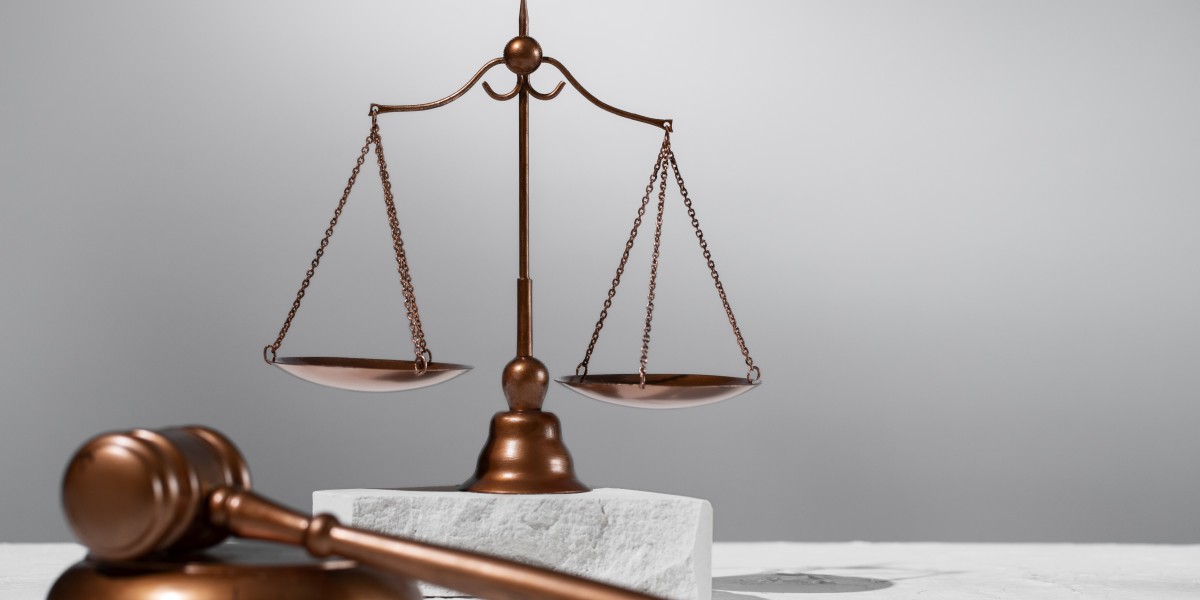Estate planning is a crucial step in securing your wealth and ensuring that your assets are distributed according to your wishes. In the United Arab Emirates (UAE), inheritance laws can be complex due to the interplay between Sharia law and civil laws for non-Muslim expatriates. Engaging an Inheritance Lawyer UAE is essential to navigate these legal intricacies and safeguard your legacy.
Understanding UAE Inheritance Laws
The UAE’s inheritance framework is governed by Sharia law, which applies to Muslim residents by default. Under these laws, a fixed share of the estate is automatically allocated to heirs, such as spouses, children, and parents. However, the UAE also recognizes the rights of non-Muslim expatriates to distribute their assets according to the laws of their home country, provided they have a legally registered will.
Without a proper will, the UAE courts will apply Sharia inheritance laws, which may not align with an individual's wishes. This can lead to unintended consequences, such as an unequal distribution of assets among heirs or complications in asset transfer.
Why Do You Need an Inheritance Lawyer in the UAE?
A professional inheritance lawyer can guide you through the process of estate planning and ensure that your wealth is protected and distributed as per your intentions. Here’s how legal expertise can help:
1. Drafting and Registering a Will
One of the most critical aspects of estate planning is drafting a legally valid will. A lawyer specializing in inheritance will ensure that your will complies with UAE laws and meets all the necessary legal formalities.
For non-Muslims, there are two main options for registering a will:
Dubai International Financial Centre (DIFC) Wills Service Centre
Abu Dhabi Judicial Department (ADJD) Wills Registry
A lawyer can help you determine which option is best suited for your situation and ensure that the will is properly registered to avoid future disputes.
2. Navigating Sharia Law for Muslim Expats
For Muslim residents, inheritance laws in the UAE follow Sharia principles, which automatically allocate a fixed portion of the estate to specific heirs. However, under Islamic law, up to one-third of the estate can be allocated to non-heirs or for charitable purposes.
A lawyer can help Muslim expats understand their legal options and draft a will that adheres to both Sharia and personal financial goals.
3. Setting Up Trusts and Succession Planning
Estate planning goes beyond just writing a will. High-net-worth individuals and business owners often need trusts, foundations, or holding companies to manage and protect their assets.
An inheritance lawyer can advise on:
Setting up trusts to hold property and assets securely
Business succession planning to ensure smooth transition of ownership
Tax implications and asset protection strategies
By structuring your estate properly, you can minimize legal disputes and ensure a seamless transfer of wealth.
4. Avoiding Family Disputes and Legal Challenges
Without proper estate planning, conflicts among family members can arise. Legal disputes over inheritance rights, asset division, and will validity are common, especially in blended families or international marriages.
An experienced lawyer will help reduce the risk of disputes by ensuring clarity in your estate documents and advising on legal safeguards to protect your beneficiaries.
5. Assistance with Probate and Estate Administration
After the passing of a loved one, families must go through probate procedures to transfer assets to heirs. A lawyer assists in:
Filing the necessary legal documents for asset transfer
Obtaining court approvals for estate distribution
Ensuring compliance with UAE inheritance laws
This process can be complex, particularly for expats with assets in multiple countries. A legal expert ensures that the transition is smooth and compliant with both local and international laws.
The Consequences of Not Having an Estate Plan
Failing to engage a professional for estate planning can lead to:
Assets being distributed according to Sharia law (even for non-Muslims if a valid will isn’t registered)
Legal complications for expatriate families, especially in cases of international marriages
Frozen bank accounts and delayed asset distribution
Increased risk of family disputes
By working with an inheritance lawyer in the UAE, you can avoid these pitfalls and ensure a hassle-free succession process.
Conclusion
Estate planning is not just about wealth—it’s about protecting your family’s future and ensuring that your assets are distributed as per your wishes. The UAE’s unique inheritance laws make it essential to seek legal guidance from an Inheritance Lawyer UAE.
A professional lawyer will help you draft a valid will, set up trusts, navigate Sharia laws, and resolve inheritance disputes. Whether you are a local resident or an expatriate, having a solid estate plan ensures peace of mind and financial security for your loved ones.
If you are considering estate planning in the UAE, consulting with an experienced lawyer is the best step toward securing your legacy.








